2025. 07. 25.
There is nothing surprising about coming to Audi Hungaria straight out of school. It was no different for Sándor Takács, although his story is anything but ordinary or average, right from the beginning, as the protagonist of our story below went from the teacher’s desk straight to the powertrain assembly shop.
I graduated from the Pattantyús-Ábrahám Géza Technical Vocational Secondary School in electronics. I was admitted to the University of Győr, but after graduation I stayed on at PÁGISZ for a fifth year. According to my parents, this period was an excellent opportunity to take private German lessons, which allowed me to pass the intermediate language exam in two years. Meanwhile, word got around the village about my top grade in the maths graduation exam, so for six years I gave private lessons in maths and physics on weekends. I was never bored during the summer months anyway, I always did my internships in a production plant. Perhaps my father’s example, who had a mechanical engineering background and worked as a maintenance technician, was in my mind. I saw it as an advantage that I gained practical experience in my profession, because even back then I thought that you shouldn't rely on luck alone. Of course, sometimes knowledge alone is not enough – you also need luck to get ahead. In my case, in 2002, all this was not enough, because I still had to do my military service. So, even though I was offered a job as an electrical engineer specialising in automation at the Audi stand during the job fair of the Széchenyi István University, I couldn’t take it. While writing my thesis paper, I was already teaching two days a week as a part-time instructor at Bercsényi Miklós Secondary School, where I knew they employed people doing civilian service. For two years I worked full-time teaching electrical engineering to automotive mechanic students and theory-oriented practice, and after completing a motorcycle mechanic course myself, I was also assigned to teach structural mechanics alongside electrical engineering. I completed the military service with 11 months of civilian service as a teacher, so in the end I was able to do what I loved.
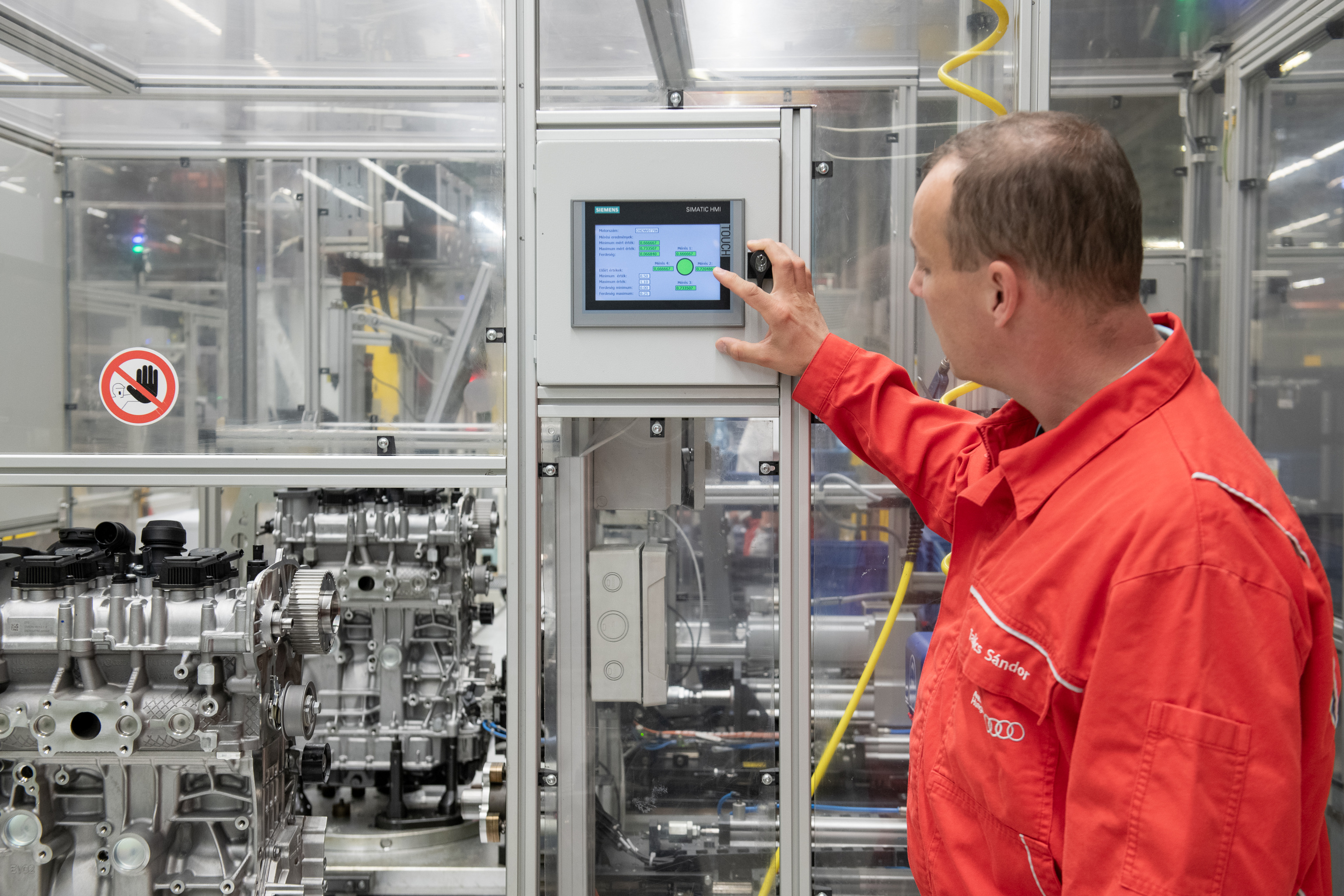 I started on 4 July 2004 in the four-cylinder engine assembly shop, as a maintenance engineer for R4 Otto engine assembly. I originally applied for a job in quality assurance, but my rival had the advantage that he had already worked as an intern in that area. Among the other options offered, I chose maintenance, as I already had a lot of experience in that field. Two years later, however, I won an internal job application for the job I had originally applied for, taking the place of my former rival. In the first three months, in quality assurance dealing with customer complaints I had to do effective analyses, then summarise the results analysed by the technicians and produce reports based on them. By the time everything was up and running and I was getting comfortable, the area was restructured. After the change of responsibilities, I worked with electrical components. Then there was another restructuring, and with the establishment of the e-laboratory, the electrical engineers were brought together in one place. Earlier, it was considered that I could be assigned as a resident at the customer services in Ingolstadt, but over time this idea faded into the background. But then came the economic crisis.
I started on 4 July 2004 in the four-cylinder engine assembly shop, as a maintenance engineer for R4 Otto engine assembly. I originally applied for a job in quality assurance, but my rival had the advantage that he had already worked as an intern in that area. Among the other options offered, I chose maintenance, as I already had a lot of experience in that field. Two years later, however, I won an internal job application for the job I had originally applied for, taking the place of my former rival. In the first three months, in quality assurance dealing with customer complaints I had to do effective analyses, then summarise the results analysed by the technicians and produce reports based on them. By the time everything was up and running and I was getting comfortable, the area was restructured. After the change of responsibilities, I worked with electrical components. Then there was another restructuring, and with the establishment of the e-laboratory, the electrical engineers were brought together in one place. Earlier, it was considered that I could be assigned as a resident at the customer services in Ingolstadt, but over time this idea faded into the background. But then came the economic crisis.
And you went... to the Audi Centre.
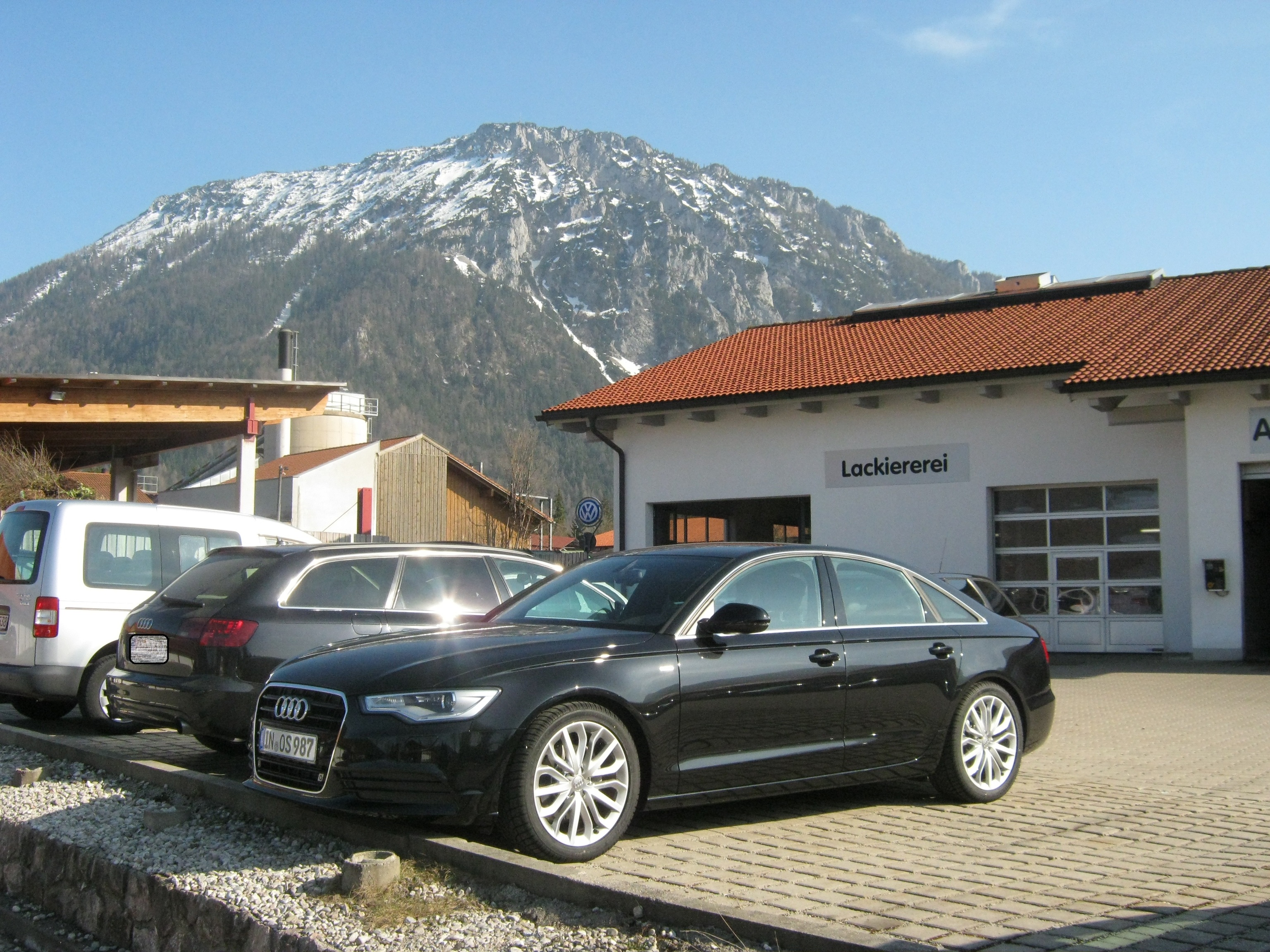
Although at that time the issuance of German work permits was tightened. The fact that it was tied to having a degree did not affect me negatively. However, I needed a significant advantage to be able to go, after it was suggested that my electrical engineering degree might not be sufficient, as 90% of the faults are mechanical. And that's where my aforementioned “hobby qualification”, my motorcycle mechanic qualification, came into play, which opened the way to Ingolstadt. The original contract was for two years, but we extended it by one year. And that was enough. You can get burnt out from 250,000 kilometres of travelling and hundreds of under-the-hood inspections. I’ve always held the belief that it’s best to walk away while things are still going well.
Fortunately, I could go back to the same place I left, although of course there had been another restructuring in the meantime. Based on my experience, I became responsible for the V8, V10 and five-cylinder turbo engines in the field of customer complaints. This job brought back all the good memories of three years spent in Ingolstadt, as I recalled that I had had the opportunity to even drive the cars powered by these engines in Germany. While you're happily immersed in the past and present, change comes naturally. As usual, I welcomed the new task with a positive attitude. The task was to disassemble long-life test engines that have run 80–100,000 kilometres under various conditions and analyse the running patterns of the components. A process had to be developed to recall and analyse the Győr engines. Then came the next task: to support the e-lab by improving the quality of the motor cables. Supporting the work of two parts engineers, we were given a year to reduce the number of complaints. Since it is not very easy to see how and when a cable can be damaged during installation, I went through all the assembly lines to analyse every detail. I even observed the places where the cable was sort of just “travelling” on the engine. My findings were well received by the assembly shop managers. And in all cases, I received feedback on the corrective measures put in place.
We also regularly sent defects catalogues to the suppliers about the faults they had caused. The beauty of this was that we didn't disclose which supplier had caused the specific failure, but we asked everyone to put corresponding preventive measures in place. This constructive cooperation paid off.
However, I did not have the opportunity to return to my original field. This kept me in that position, but now as a parts supervisor, a role that didn’t quite fit me. I know the saying that sometimes it's good to step out of your comfort zone, but I firmly believe that it does make a difference how many steps you take out of such zone. And of course it is also an important factor how many times it happens. For me, for example, my job changed on average every three years. But the next one was initiated by me.
At the end of 2017, I went to work in the vehicle plant as an internal auditor. I’ve always liked production processes. I also improved the technologies, and my knowledge increased a lot, as I had the opportunity to work with much more experienced professionals many times, from whom I also learned a lot. In this context, the work was interesting, in which I was responsible for auditing manufacturing processes and, as a supporting auditor of certain areas such as vehicle assembly, for the professional preparation of external professional and regulatory audits. But I was only here for less than a year because my manager offered me a new job within the segment. Knowing my strong technical orientation and my passion for cars, he entrusted me with the COP test. Spot-checking for type-approval compliance on finished vehicles was an exciting and beautiful task. I was able to join a colleague with extensive experience in the field, so my training went exactly by the book. I was even given a set of full-day exam questions to complete the learning process. Everything seemed perfect — the idea of changing roles didn’t even cross my mind. But then things started to shift. Since I was working based on a predefined structure — with set testing volumes for each vehicle type — my workload gradually decreased as several models were phased out of production. Eventually, I reached a point where fewer professional challenges remained, so I decided it was time to set sail in a new direction.
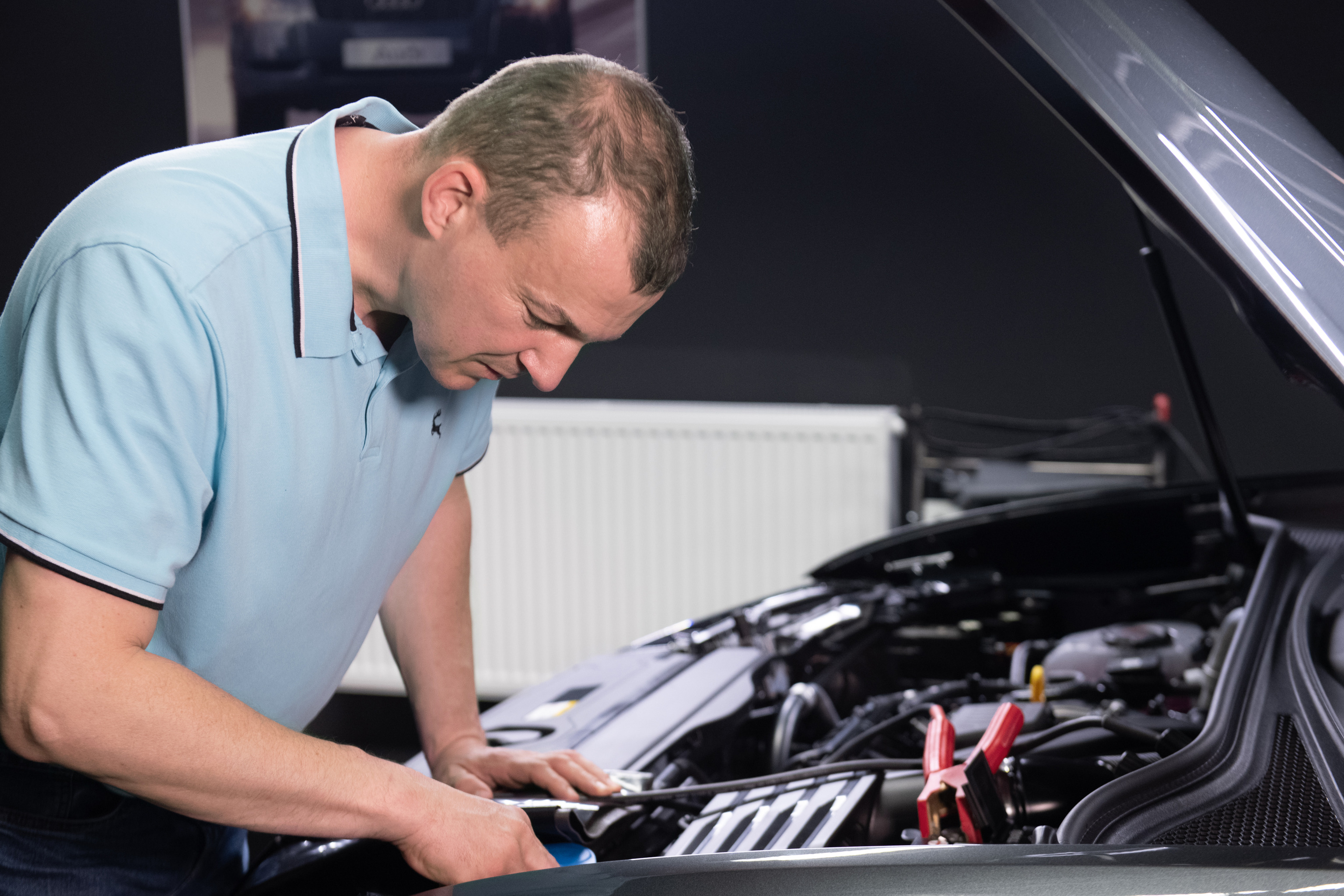
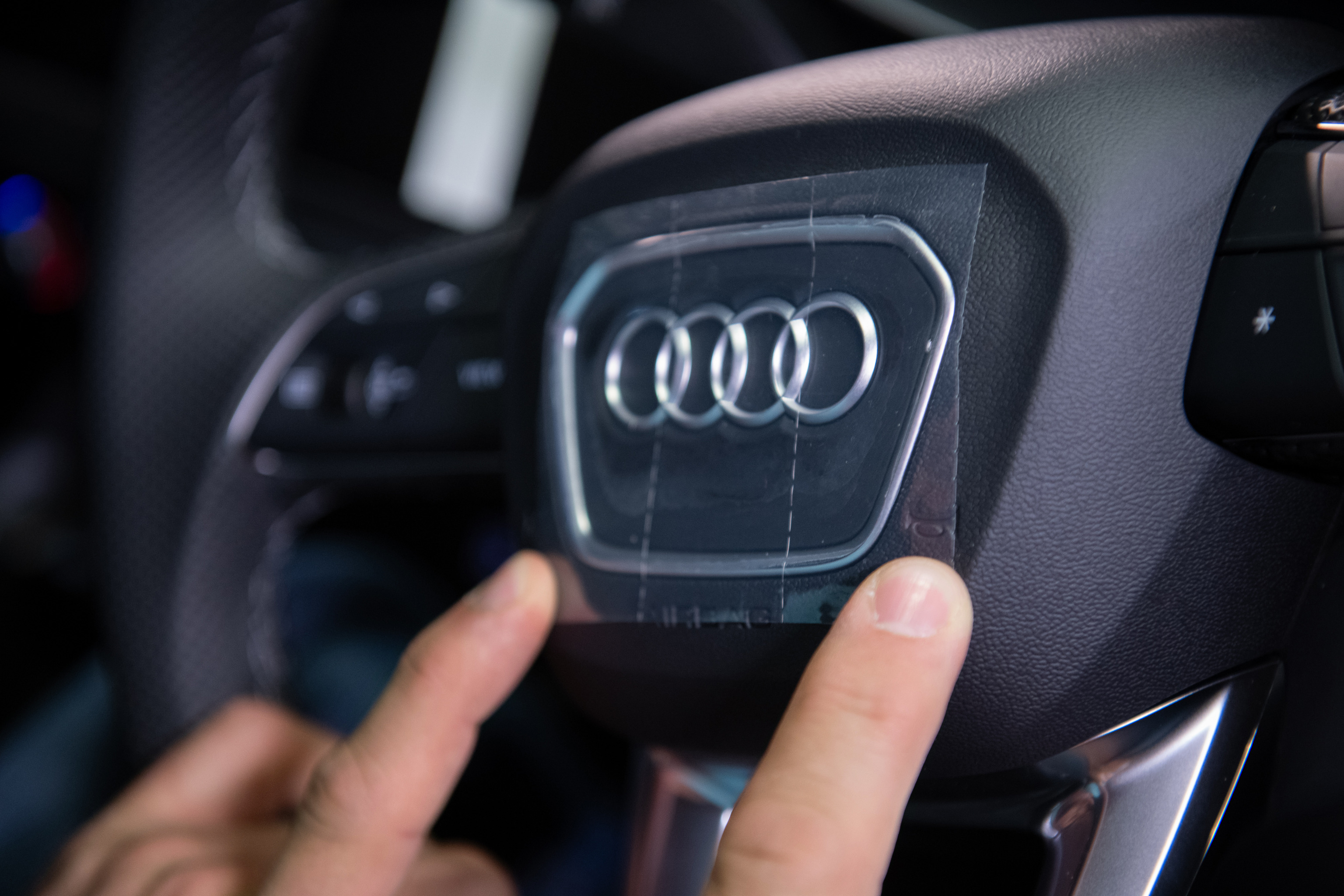
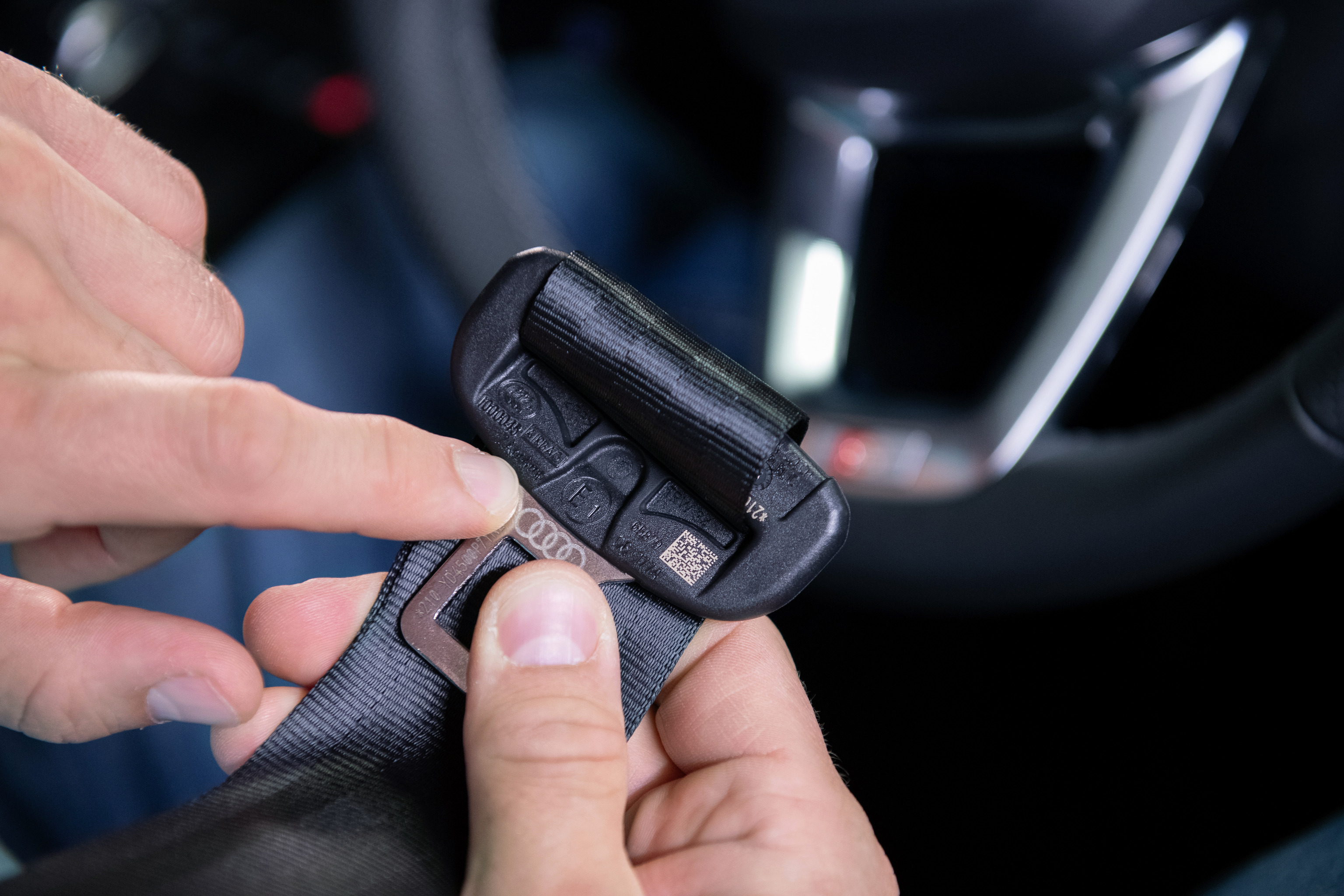
HR presented me with a list of open positions, and I chose vehicle development. I have a technical mindset, so I like to take parts into my hands, take them apart and put them back together. It follows that I never really wanted to deal with software and the virtual world is not my cup of tea, but that's exactly what I got into here.
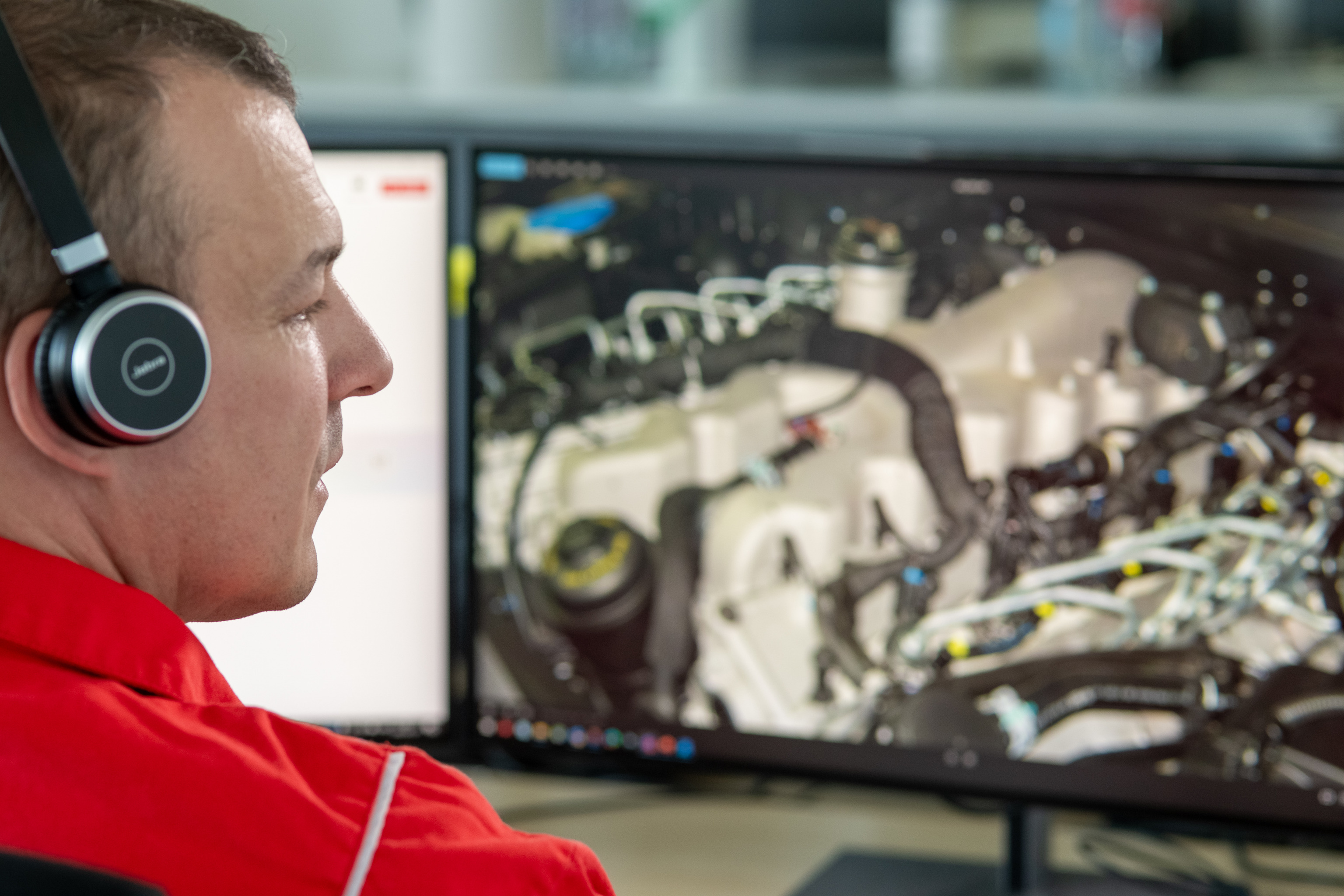
In the end, of course, you can get used to it too, it just takes more time. I’m trying to look for the benefits of this job and try to keep them in mind. For example, all I need is a laptop and a network. This way I can move easily if I need to. I’ve been in this field since January. This has been the most contrasting career change so far and my onboarding was quite intense as well. The first real feeling of success came only after 4 to 5 months, when I could perform complex tasks independently without any mistakes. It will certainly take another year for the whole process to crystallise and for me to feel comfortable in my job. But I’m committed to making it happen. Because there is always a way forward, you have to keep going! Never stop! Problems are there to be solved.
At Audi, an entrepreneurial mindset was an expectation of employees at the time, which I have always embraced. I never just looked at what was good for me, but also what was good for the company. For me, it's essential that everyone should pull together to steer the boat in the right direction. I've always been motivated to build something, which is why I’ve always been looking forward to new challenges. I’ve always tried to do everything to the best of my ability.
I’ve never really wanted to. Not even when the changes I initiated always had at least one twist that made the situation more complicated. But I have a level of site-specific knowledge and experience that I would like to leverage, and that I can only do here. If it's up to me, I’ll always stay with Audi – and I hope that if things go well, even my kids will have the opportunity to work here.
Address
9027 Győr, Audi Hungária út 1.
Phone
+ 36 96 66 8888
E-mail
You can read our current news on the News page.
If you need further information concerning our press materials, please, contact our colleagues at the Corporate Communication Department.